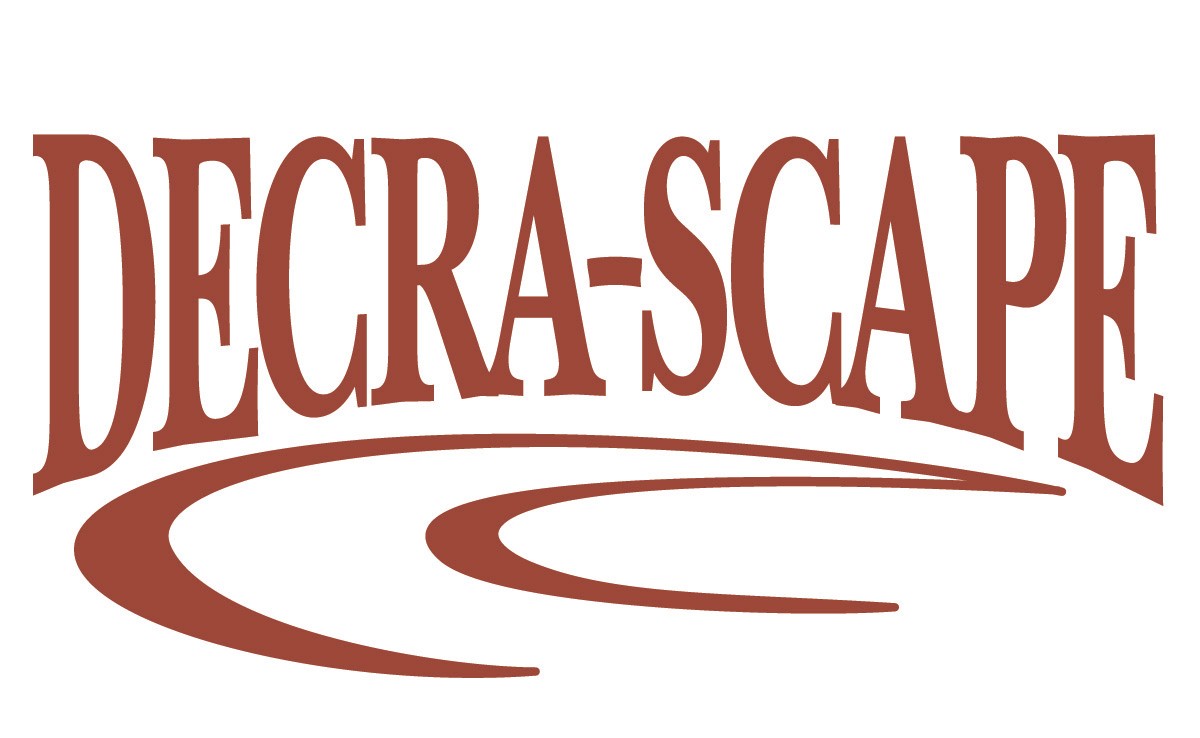Designing and constructing outdoor living spaces involves using materials that are suitable for the situation. Picking patio pavers for the parts of your landscape that get more foot traffic in Troy and Macomb, MI, areas requires careful consideration. Here’s a list of the paver characteristics to look for, to ensure a satisfactory outcome and a patio that will stand the test of time.
Related: Which Patio Pavers Are Suited to Poolside Applications in Rochester Hills, MI?
Why Are Pavers Better Than Poured Concrete?
Poured concrete is susceptible to damage from the freeze-thaw cycle, and can be difficult to repair. Concrete pavers, on the other hand, are ideal for heavy-duty applications because they are exceptionally strong and long-wearing. And should a paver break, it can be replaced individually without the surface needing extensive repairs.
Oftentimes, the same pavers you choose for heavy-duty applications can also be used on driveways, walkways, and pool surrounds. This way, you can choose pavers for their aesthetic appeal as well as practical considerations. Using one type of paver throughout can give your landscape a beautiful, unified look.
Before you start choosing pavers, though, it’s important to note that achieving a successful and long-lasting paver surface is not just about choosing the right paver. It’s about proper installation.
Much of the structural integrity of a paver surface comes from proper installation; in fact, any patio or driveway is only as good as its construction. A base that’s too thin or that lacks proper drainage, improper tamping, poor grading and leveling, lack of edge restraints, and other mistakes can lead to shifting, causing some parts of the patio or driveway to sink and buckle. Eventually, these issues can cause the surface to become unsafe, no matter the quality of pavers you have chosen.
What to Look for in Heavy Duty Patio Pavers
For a high-traffic area, you may want to start by looking at the highest grade patio pavers and consider your options. These do tend to provide a higher rate of return because they often feature concrete technologies that make for superior durability and flexural strength, as well as better color retention and abrasion-resistant finishes. Quality patio pavers feature low water absorption, so they are resistant to the effects of the freeze-thaw cycle, unlike solid surfaces like poured concrete.
When looking for patio pavers intended for high traffic areas, you may want to focus on pavers that are suitable not only for pedestrian but residential vehicular use as well. Many manufacturers offer the same style of paver for both outdoor living spaces and driveways. Pavers can mimic any natural stone including flagstone and granite, or brick. Or you can choose from a variety of modern finishes with their own unique style. You’ll get the look you want but in a thicker paver that is perfectly suited for heavy use.
Another consideration is size. The larger the paver, the thicker it has to be to accommodate the weight of foot or vehicular traffic. This is one of the reasons the look of brick is common for plazas. They have just the right size and thickness to accommodate any loads and are suitable for use with all architectural styles. They also add historical charm and plenty of character to an outdoor space.
Related: 5 Considerations When Choosing Brick Pavers for Your Troy, MI, Patio



